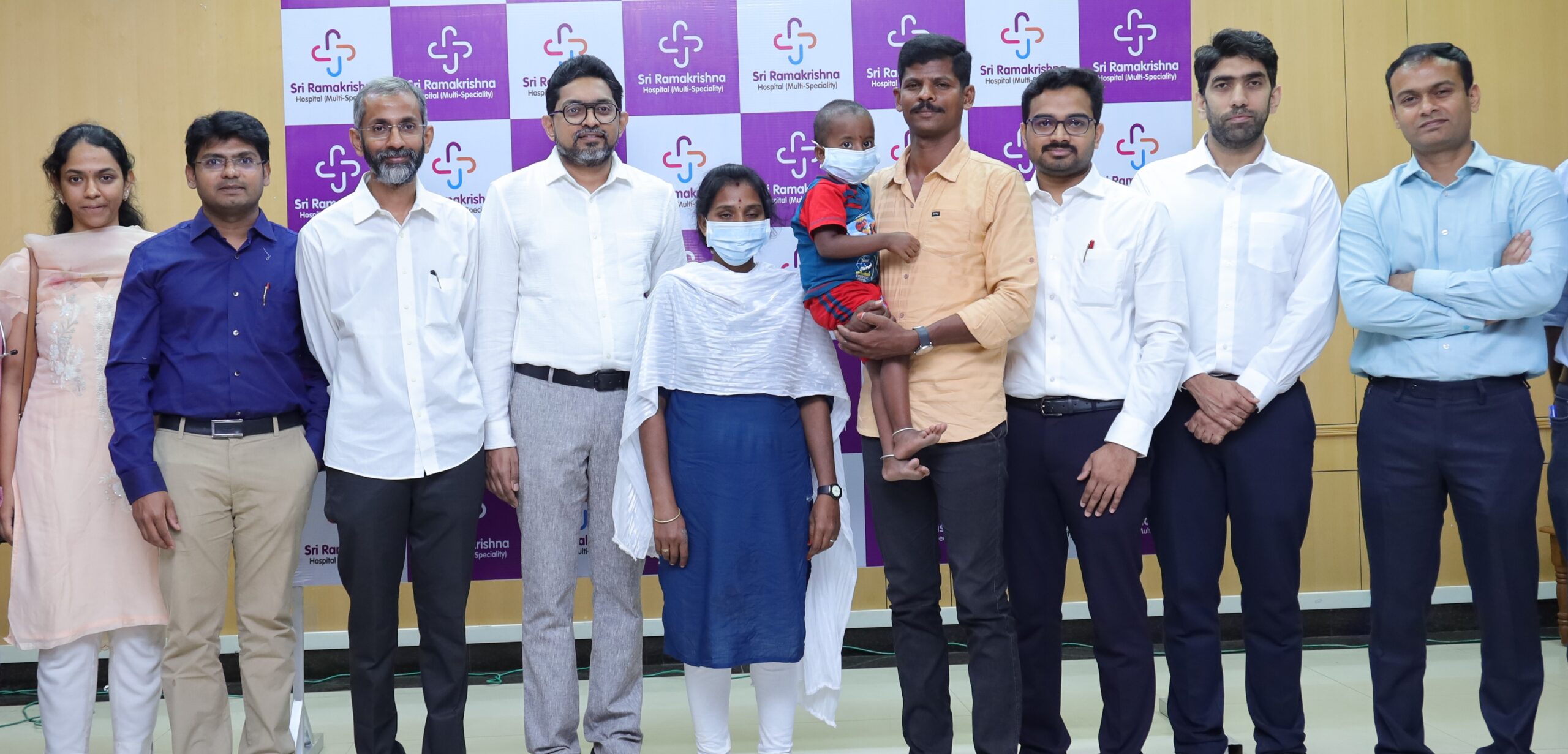Trending Now
- 830 voters names go missing in Kavundampalayam constituency
- If BJP comes to power we shall consider bringing back electoral bonds: Nirmala Sitaraman
- Monitoring at check posts between Kerala and TN intensified as bird flu gets virulent in Kerala
Coimbatore
TNAU’s courses in great demand despite decline of farm sector
![]() June 12, 2019
June 12, 2019
On taking over as the 13thVice Chancellor of the Tamil Nadu Agricultural University last year, Dr. N. Kumar’s immediate challenge was to make agricultural education attractive for the present day youth who can conjecture nothing but only imagine gloomy-faced farmers and parched dry lands when they think about Indian agriculture.
Dr. Kumar shares with The Covai Post glimpses of what is going on within the academic portals of this premier agricultural university to change the face of Indian agriculture and how it gets translated into reality on the agricultural fields.
Q. Academic institutions teaching agriculture may not have to do directly with the decline of agriculture in the country, but they can bring about game changing lab to land links. What vision did you have when you took over?
.A. On taking over as the Vice Chancellor, I said that I would focus on demand driven courses, research in crop intensification systems with an overall aim of achieving sustained increase in food production in the state and to make agriculture as a profitable venture to the farmers.
Q. What practical support does TNAU give farmers from its farm extension programme to overcome their woes?
A. Two major issues that farmers face is lack of adequate price and cycles of production glut. Glut results in drastic price fall. Farmers face glut due to lack of awareness. We have developed remote sensing technology which will identify areas under cultivation and estimate production. If the threshold level is reached it will alert the farmers not to increase area for cultivation of particular crops.
Currently this technology is deployed for onions and tomatoes. Through apps we update farmers on farm prices once in three months. Post-harvest technology being a weak area for Indian farmers, TNAU has researched and confirmed the efficacy of Hexanol a nano-technology based product for preserving package and shelf life of mangoes and tomatoes and other fruits without using cold storage while transporting.
The 14 Krishi Vigyan Kendras under TNAU train farmers in latest techniques and facilitates their lab to land transition.
Q. How do these developments translate into attracting students into agricultural studies especially when children of traditional farmers themselves are migrating to towns increasingly in search of jobs?
A. Updating of syllabus (once in four years) to keep pace with technological changes, introduction of relevant value additions with add-on lessons and practical skills aimed at the job market and farm needs make agriculture education relevant and worthwhile. Banks continue to remain major recruiters of agricultural graduates. Scope for foreign jobs is increasing especially in Africa under Indian entrepreneurs establishing farming operations there.
A number of IT employees are becoming agricultural entrepreneurs in latest fields like organic farming, natural farming etc. Corporate contract farming of non-food items is also maturing. Keeping this trend in mind, an UG course B.S Agri Business has been started which would attract those who plan to become agricultural or horticultural entrepreneurs.
The Indian Institute of Agricultural Research (ICAR) has started a one year skill course for BSc Agriculture students after completion of the four-year degree course. This is aimed at creating job ready hands. Computer science subject in 12th .is now being accepted for certain engineering oriented courses which would widen the supply of students. B.Tech Courses in rare subjects like Environment and Energy, Biotechnology and Food Technology would attract keen job seekers. Besides a wide range of Post Graduate courses and research result in upgrading farm technologies and achieve breakthroughs in lab to land projects.
Q. Has this reflected in the admissions?
A. Agriculture still remains a highly sought after course. A large number of high rankers who aim for medical course, have agriculture as a second option. Also a large number of NEET aspirants opt for agriculture as an option. The competition is quite high. As against 42,000 applications last year for 3905 seats in 14 constituent colleges and 27 affiliated colleges, we have got 45,000 this year till June 5.
As the last date for receipt of applications closes on June 7, we may extend the time by four to ten more days. However, about 60 percent of the applicants are women and we feel that more male students must opt for agricultural courses.
Q. Few days back you got life time award from the Confederation of Indian Horticulturalists Association for your contribution to the field of Horticulture. Being a man with a strong background in horticulture such as being the former Dean of College of Horticulture, how do you propose to leverage this?
A. Certainly there would be added thrust to horticulture promotion. Besides my credentials, the agricultural scenario would dictate this. Indian agriculture has undergone a structural shift as far as farm production is concerned.























